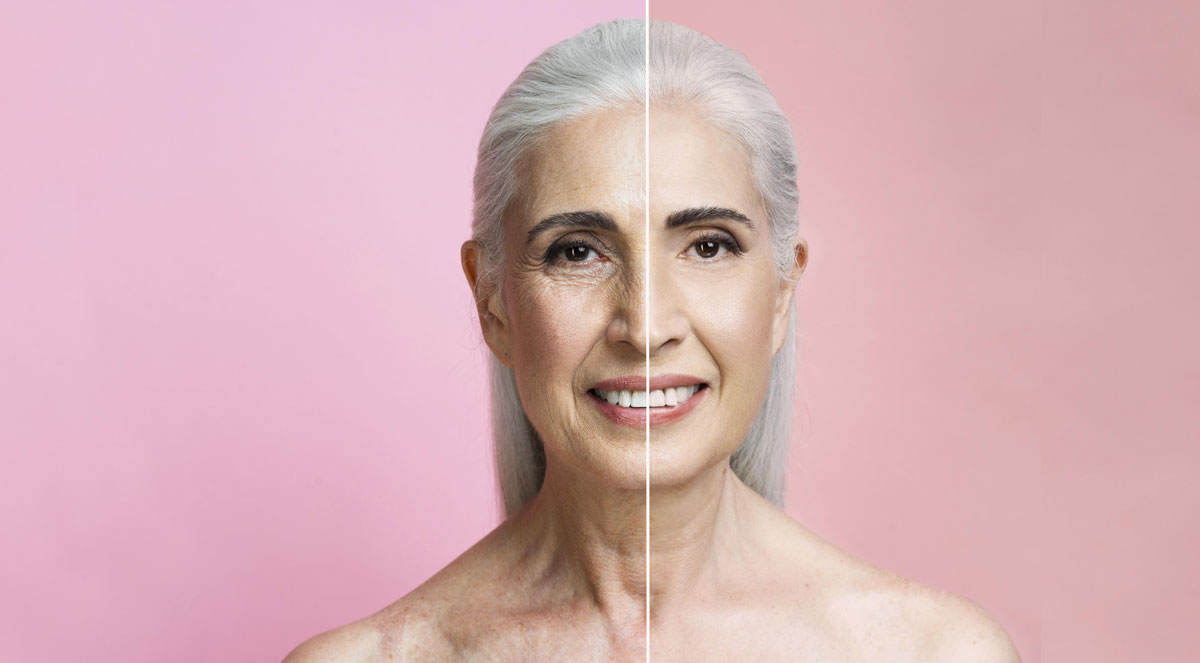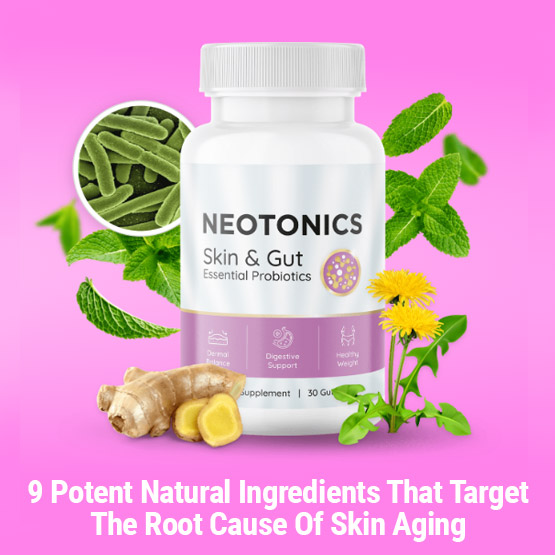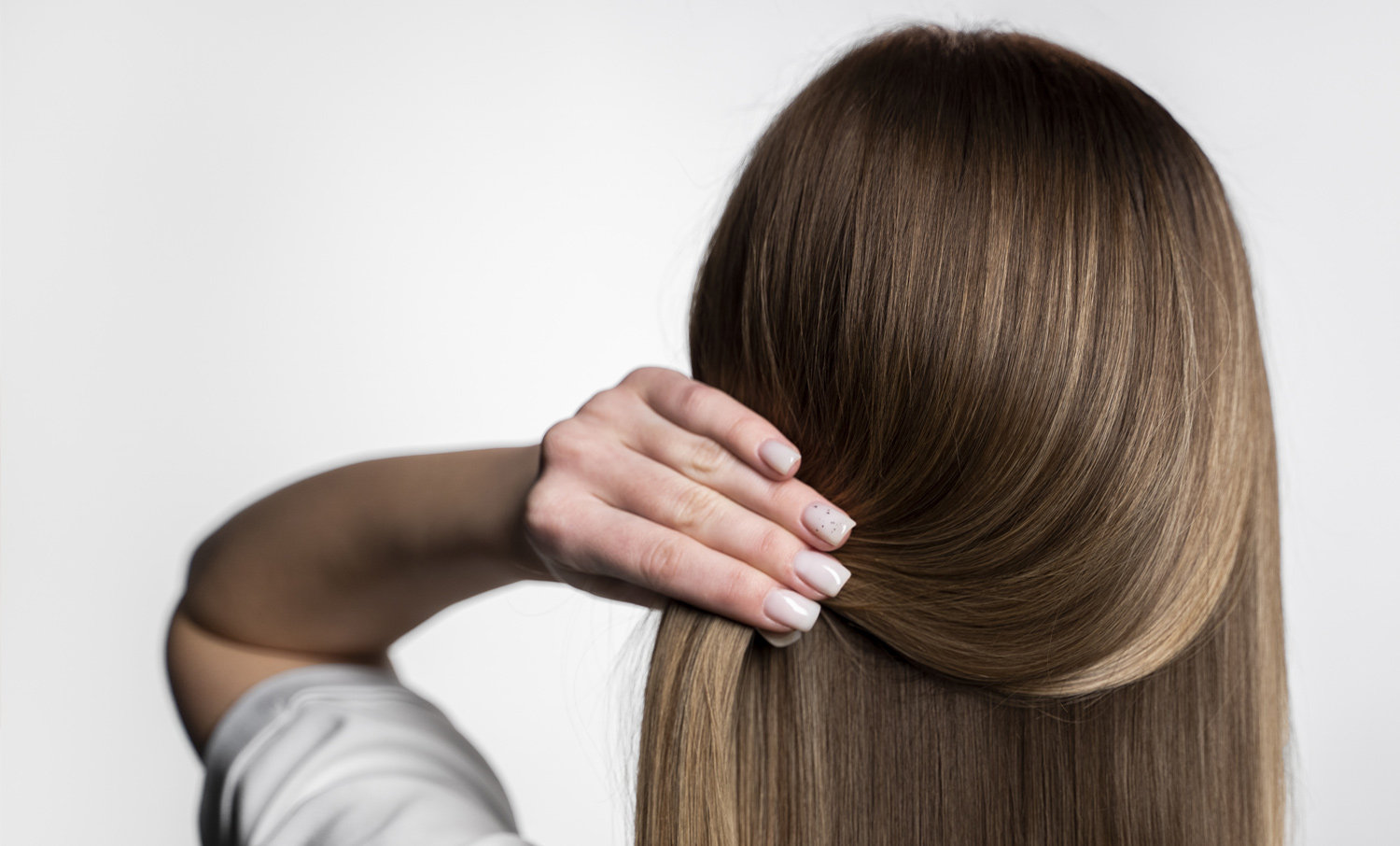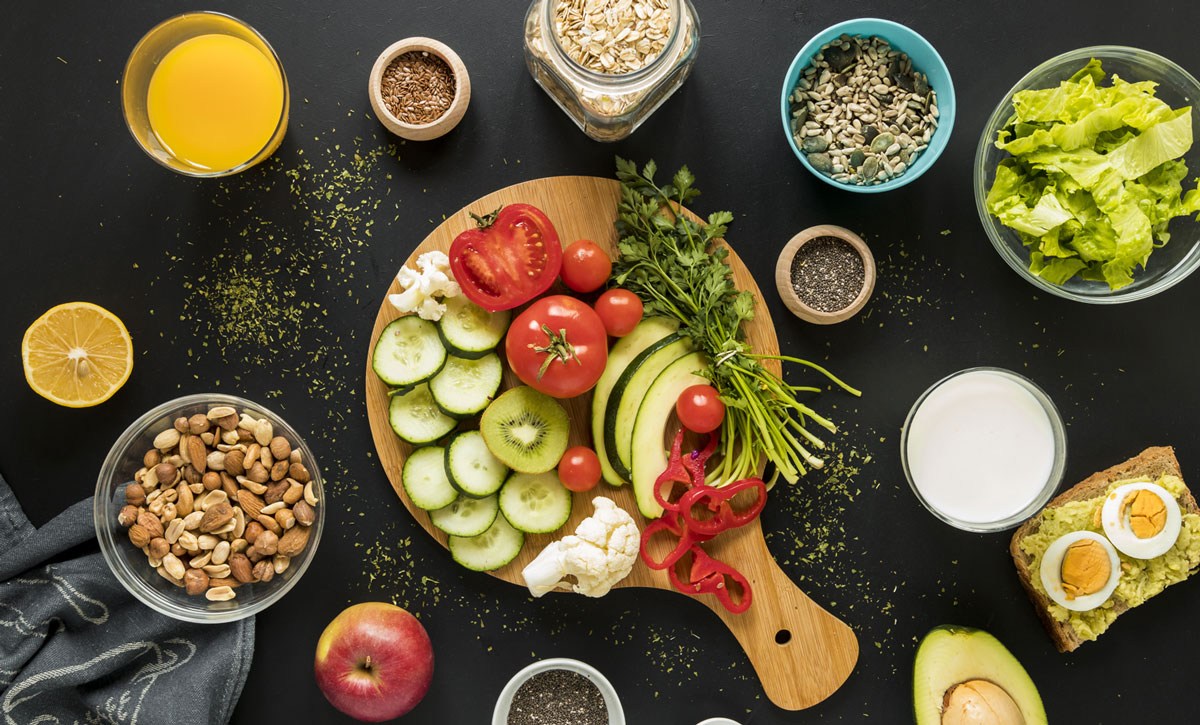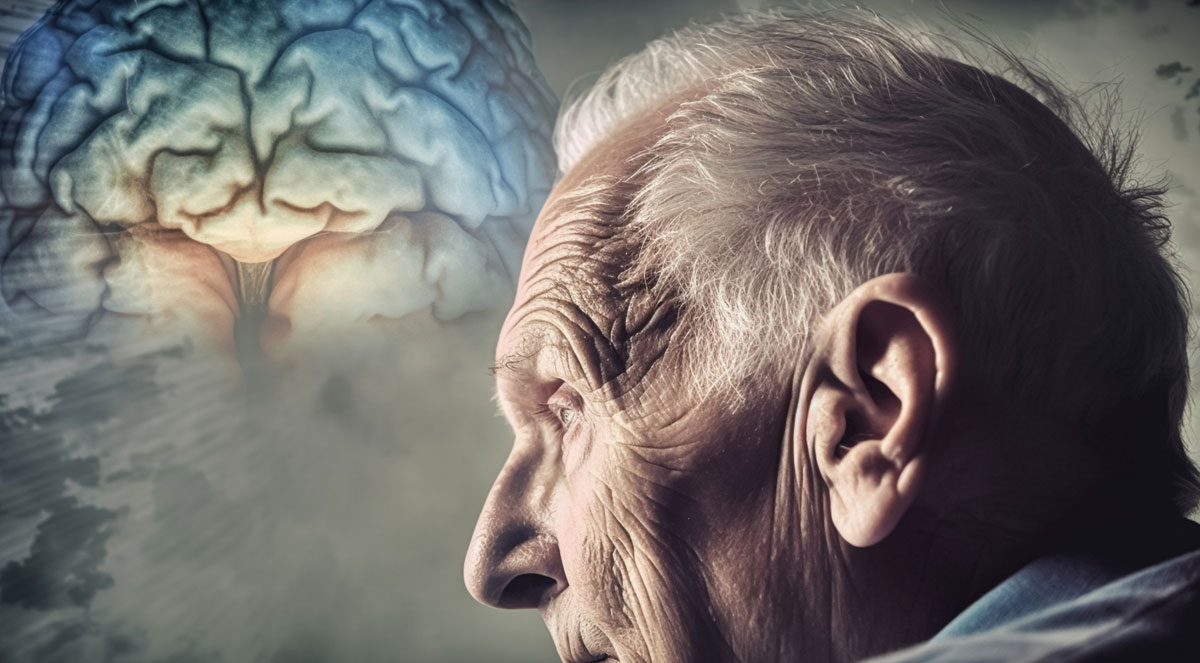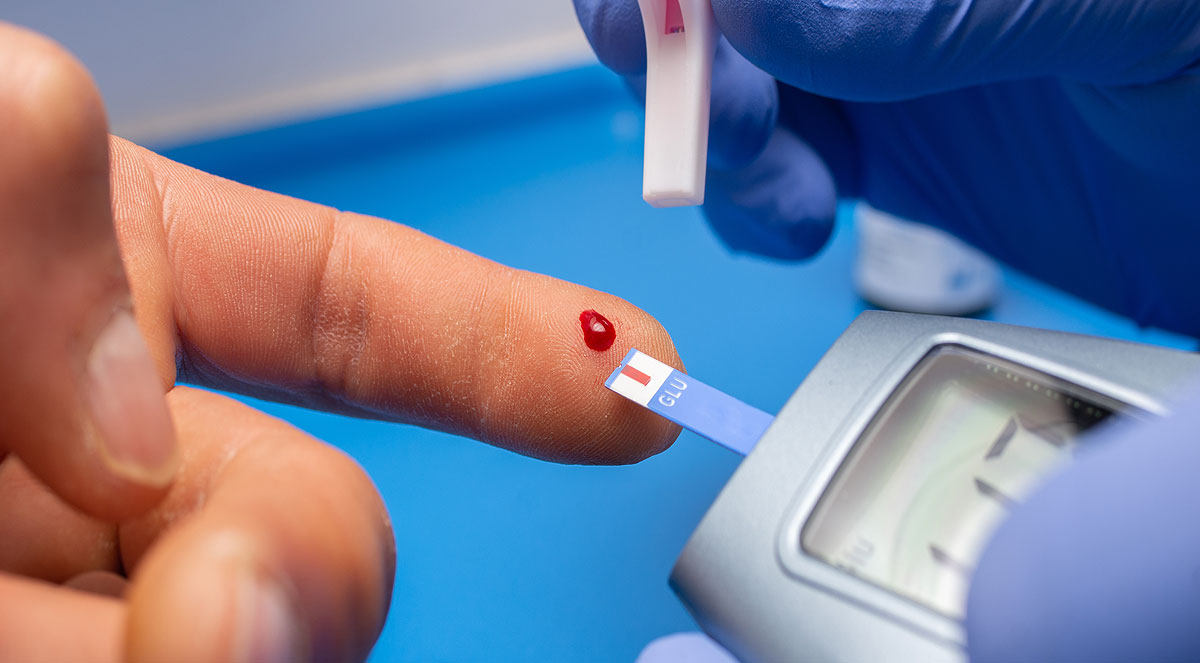What causes skin aging?
Skin aging is a complex process influenced by both intrinsic (internal) and extrinsic (external) factors. Understanding these factors can help elucidate the mechanisms behind skin aging. Here are the primary causes of skin aging:
- Intrinsic Aging: This type of aging, also known as chronological aging, is determined by genetic factors and occurs naturally over time. Intrinsic aging is primarily driven by the gradual decline in the function of key biological processes within the skin, including:
- Decreased Collagen and Elastin Production: Collagen and elastin are structural proteins responsible for the skin’s firmness, elasticity, and resilience. As we age, the production of these proteins decreases, leading to sagging, wrinkles, and loss of skin tone.
- Reduced Hyaluronic Acid: Hyaluronic acid is a naturally occurring substance in the skin that helps maintain moisture and plumpness. With age, hyaluronic acid levels decline, contributing to dryness, fine lines, and dullness.
- Slower Cell Turnover: The skin’s natural renewal process slows down with age, leading to a buildup of dead skin cells on the surface. This can result in a dull complexion, uneven texture, and a decreased ability to repair damage.
- Decline in Oil Production: The skin produces less oil (sebum) as we age, leading to dryness and a weakened skin barrier, which can make the skin more susceptible to damage and irritation.
- Extrinsic Aging: Extrinsic factors are external influences that accelerate the aging process and contribute to premature skin aging. These factors include:
- Sun Exposure: UV radiation from the sun is one of the primary causes of premature skin aging, known as photoaging. UV rays penetrate the skin and induce oxidative stress, leading to the breakdown of collagen and elastin fibers, DNA damage, pigmentation changes (such as age spots and freckles), and the formation of wrinkles and fine lines.
- Environmental Factors: Pollution, cigarette smoke, and other environmental pollutants contain free radicals that can damage the skin and accelerate aging. These pollutants contribute to oxidative stress and inflammation, leading to collagen degradation and skin aging.
- Lifestyle Choices: Unhealthy lifestyle habits such as smoking, excessive alcohol consumption, poor diet, inadequate sleep, and high-stress levels can contribute to premature skin aging. Smoking, in particular, is associated with decreased blood flow to the skin, collagen breakdown, and the formation of wrinkles.
- Repetitive Facial Expressions: Dynamic wrinkles, such as crow’s feet and frown lines, develop over time due to repetitive facial movements and expressions. These wrinkles are exacerbated by factors such as sun exposure and declining collagen production.
- Poor Skincare Habits: Harsh skincare products, improper cleansing techniques, and a lack of moisturization can damage the skin’s barrier function and exacerbate signs of aging.
Overall, skin aging is a multifaceted process influenced by a combination of intrinsic and extrinsic factors. While intrinsic aging is inevitable, adopting healthy lifestyle habits, practicing sun protection, and using effective skincare products can help slow down the aging process and maintain youthful-looking skin for longer.
Here are some natural remedies and practices that may help slow down skin aging:
Sun Protection: Protecting your skin from the sun is one of the most effective ways to prevent premature aging. Wear sunscreen with broad-spectrum protection (UVA and UVB) every day, even on cloudy days. Also, seek shade, wear protective clothing, and use hats and sunglasses when exposed to sunlight.
Healthy Diet: A balanced diet rich in antioxidants, vitamins, and minerals can help support skin health and combat aging. Include plenty of fruits, vegetables, whole grains, lean proteins, and healthy fats in your diet. Foods high in antioxidants, such as berries, leafy greens, and nuts, can help protect your skin from oxidative stress and damage.
Stay Hydrated: Drink plenty of water throughout the day to keep your skin hydrated and maintain its elasticity. Hydration is essential for healthy skin function and can help reduce the appearance of fine lines and wrinkles.
Regular Exercise: Regular physical activity improves circulation, which can help deliver oxygen and nutrients to the skin, promoting a healthy glow. Exercise also helps reduce stress, which can contribute to premature aging.
Get Adequate Sleep: Quality sleep is essential for skin regeneration and repair. Aim for 7-9 hours of sleep per night to allow your skin to rejuvenate and recover from daily stressors.
Reduce Stress: Chronic stress can accelerate skin aging by promoting inflammation and oxidative damage. Practice stress-reducing techniques such as mindfulness meditation, yoga, deep breathing exercises, or hobbies that you enjoy.
Limit Alcohol and Tobacco: Excessive alcohol consumption and smoking can contribute to premature aging by damaging collagen and elastin fibers in the skin. Limiting or avoiding these habits can help maintain skin health and reduce the risk of wrinkles and sagging.
Gentle Skincare Routine: Use gentle skincare products that are suitable for your skin type and avoid harsh chemicals and fragrances that can irritate the skin. Cleanse your skin daily, moisturize regularly, and use products with ingredients like retinoids, vitamin C, and hyaluronic acid, which can help improve skin texture and reduce signs of aging.
Natural Remedies: Some natural ingredients may have anti-aging properties. For example, green tea extract, aloe vera, honey, coconut oil, and rosehip oil are believed to have antioxidant and moisturizing benefits for the skin. However, it’s essential to research and test these remedies carefully, as they may not work for everyone, and some individuals may experience allergic reactions or skin sensitivities.
Remember that while these natural remedies and practices can help support skin health and slow down the aging process, they may not completely stop or reverse the effects of aging. Consistency and patience are key, and it’s essential to consult with a dermatologist or skincare professional for personalized advice and recommendations tailored to your skin’s specific needs.


